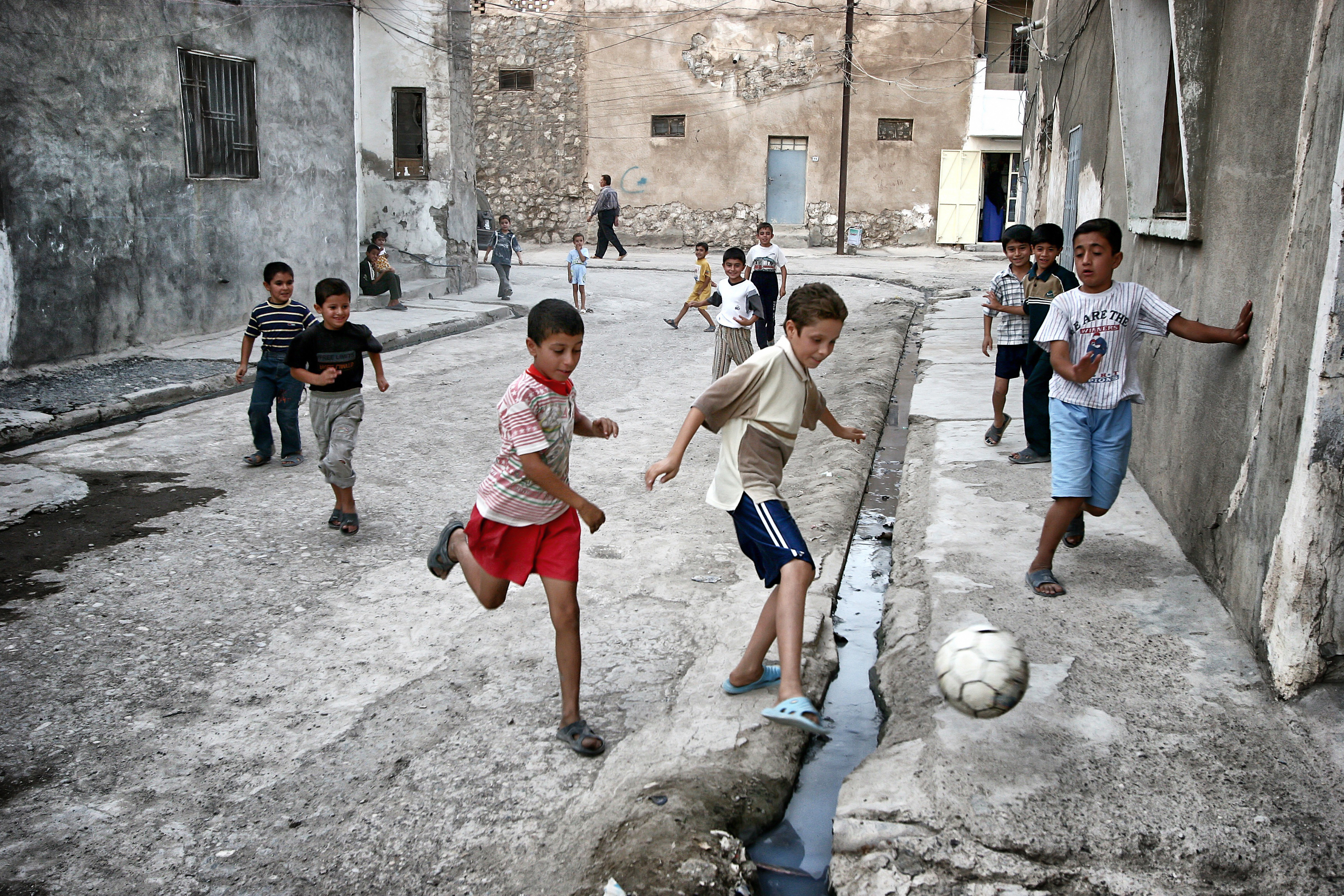


Los conflictos armados afectan los territorios ricos en recursos y biodiversidad el daño ambiental causado por las acciones violentas puede afectar la salud de las poblaciones. Conclusions: The study reiterates the inextricable connections existing among the environment, society, and health, as well as the implications of environmental violence for the public health of vulnerable population groups and, in general, for the well-being of all living beings affected by the armed conflict.

Results: The risk assessment of the armed conflict-related actions under study evidenced intolerable carcinogenic risk and unacceptable non-carcinogenic risk due to the consumption of water and fish contaminated by polycyclic aromatic hydrocarbons (PAH), mercury, and glyphosate. Materials and methods: We conducted a quantitative evaluation of the risks to individual health associated with armed conflict activities using methodologies focused on the routes of pollutants dispersion, their concentrations in the environment, the exposure of the individuals, and the risks of carcinogenic and non-carcinogenic effects. Objectives: To assess the risks to human health due to environmental degradation associated with three violent actions in the context of the Colombian armed conflict: Pipeline bombing, informal mining with mercury, and spraying of illicit crops with glyphosate. As a result of the environmental damage caused by violent actions, the health of populations can be affected. Introduction: Armed conflicts affect territories rich in resources and biodiversity.


 0 kommentar(er)
0 kommentar(er)
